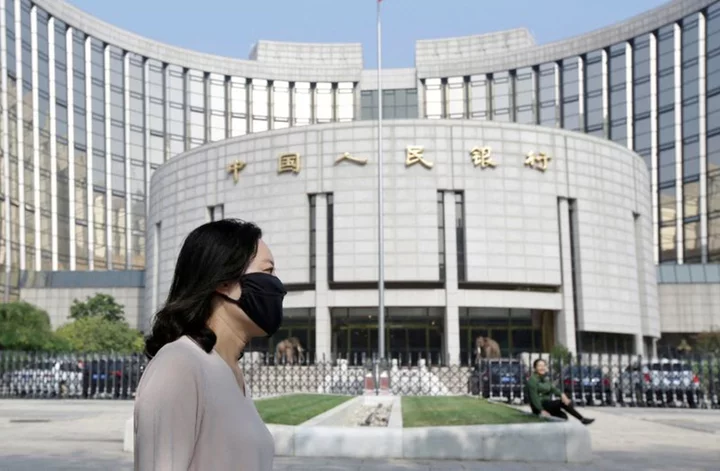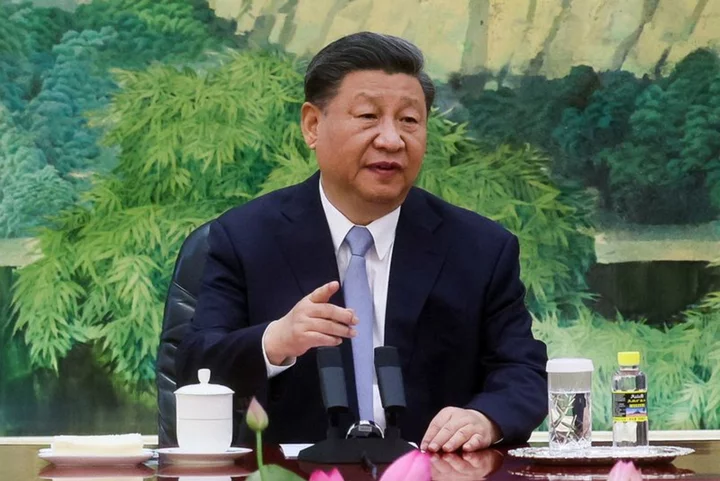SHANGHAI The People's Bank of China (PBOC) is widely expected to leave loan prime rates (LPR) unchanged at a monthly fixing on Friday, a Reuters survey showed, with a weak yuan constraining further monetary easing and data suggesting the economy is stabilising.
The loan prime rates, normally charged to banks' best clients, are calculated and published on the 20th of each month after 18 designated commercial banks submit proposed rates to the central bank.
In a poll of 29 market analysts and traders, 28 participants predicted the one-year LPR would stay unchanged at 3.45%. Only one participant forecasted a marginal reduction of 5 basis points (bps).
On Monday, the PBOC left the medium-term policy rate unchanged at 2.5%. The one-year LPR is loosely pegged to that rate.
For the five-year tenor - on which mortgage rates are based - all respondents expected it to remain unchanged at 4.20%.
Better-than-expected third quarter gross domestic product and retail sales data suggested China's economic recovery had started to pick up, lowering the likelihood of a cut.
Meanwhile, China's government has recently implemented a range of measures including cutting existing mortgage rates in some cities to help renew confidence among home buyers.
A cut in LPR is less likely as that would further compress banks' net interest margins, which are already under pressure, analysts said.
In addition, increasing liquidity would put pressure on the Chinese yuan, which has depreciated by more than 5% this year.
Most new and outstanding loans in the world's second largest economy are based on the one-year LPR, while the five-year rate influences the pricing of mortgages.
So far this year, 1-year and 5-year LPR have been lowered by 20 bps and 10 bps, respectively.
Market participants are also looking at the medium-term lending facility (MLF) rate as a precursor to any changes to the lending benchmarks.
October's MLF rate was left unchanged, while PBOC injected the biggest cash support since late 2020 to allow banks to extend credit at a time when funding conditions were tight due to heavy bond supplies and tax payments collected by the government.
(Reporting by Shanghai Newsroom; Editing by Simon Cameron-Moore)









